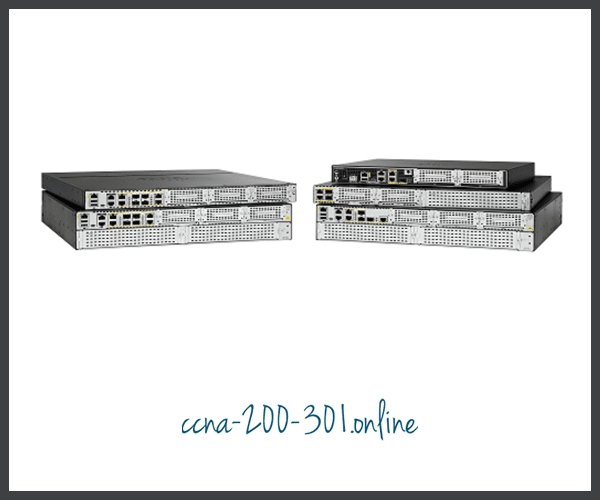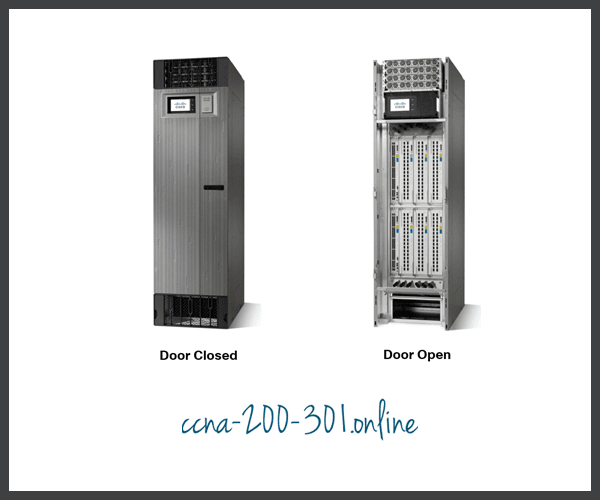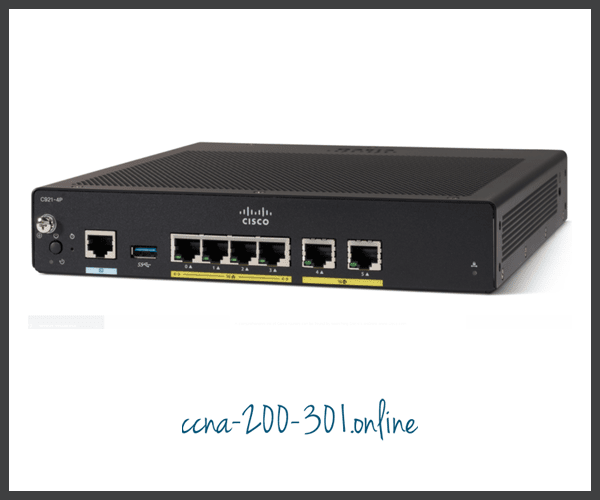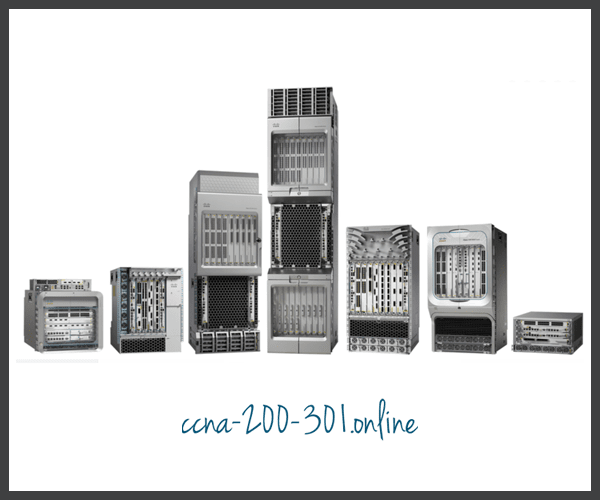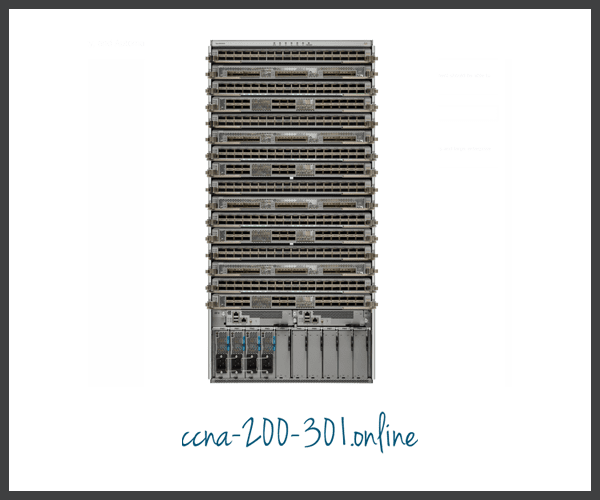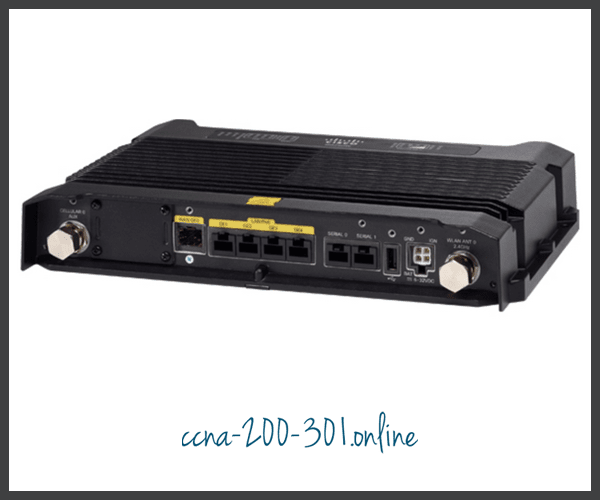Router Hardware
Summary
This topic describe the types of routers available for small to-medium-sized business networks. Start learning CCNA 200-301 for free right now!!
Table of Contents
Router Requirements
Switches are not the only component of a network that come with a variety of features. Your choice of router is another very important decision. Routers play a critical role in networking by connecting homes and businesses to the internet, interconnecting multiple sites within an enterprise network, providing redundant paths, and connecting ISPs on the internet. Routers can also act as a translator between different media types and protocols. For example, a router can accept packets from an Ethernet network and re-encapsulate them for transport over a serial network.
Routers use the network portion (prefix) of the destination IP address to route packets to the proper destination. They select an alternate path if a link goes down. All hosts on a local network specify the IP address of the local router interface in their IP configuration. This router interface is the default gateway. The ability to route efficiently and recover from network link failures is critical to delivering packets to their destination.
Routers also serve other beneficial functions as follows:
- They provide broadcast containment by limiting broadcasts to the local network.
- They interconnect geographically separated locations.
- They group users logically by application or department within a company, based on common needs or requiring access to the same resources.
- They provide enhanced security by filtering unwanted traffic through access control lists.
Cisco Routers
As the network grows, it is important to select the proper routers to meet its requirements. There are different categories of Cisco routers.
Router Form Factors
Like switches, routers also come in many form factors. Network administrators in an enterprise environment should be able to support a variety of routers, from a small desktop router to a rack-mounted or blade model.
Routers can also be categorized as fixed configuration or modular. With the fixed configuration, the desired router interfaces are built-in. Modular routers come with multiple slots that allow a network administrator to change the interfaces on the router. Routers come with a variety of different interfaces, such as Fast Ethernet, Gigabit Ethernet, Serial, and Fiber-Optic.
A comprehensive list of Cisco routers can be found by searching Cisco’s website www.cisco.com.
Ready to go! Keep visiting our networking course blog, give Like to our fanpage; and you will find more tools and concepts that will make you a networking professional.




